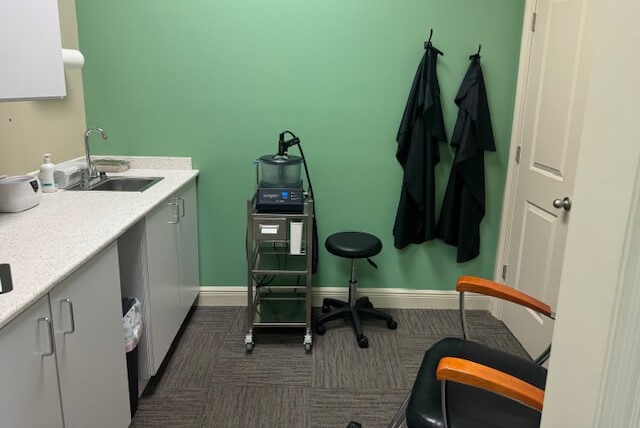Understanding Tinnitus
What is Tinnitus?
Tinnitus is a condition characterized by the perception of sound in the absence of any external source. Commonly described as a ringing in the ears, tinnitus can show up as a variety of sounds, including buzzing, hissing, roaring, whistling, whooshing, or even music. While tinnitus itself is not a standalone condition, it can be a symptom of an underlying condition.
Tinnitus can be permanent or it may come and go. Each person will experience tinnitus at different volumes and different pitches, so treatment options need to be personalized to your exact experience of tinnitus.
Why Are My Ears Ringing?
Tinnitus Management Techniques

Explore Your Treatment Options
It’s important to remember that what works for one person may not work for another. Each individual's experience with tinnitus is unique, and finding the most effective management techniques often requires a personalized approach.
If you’re ready to find out more about your treatment options, book a consultation with South Alabama Hearing and Tinnitus Center. We’ll offer guidance and support on the journey to finding relief from tinnitus symptoms.

